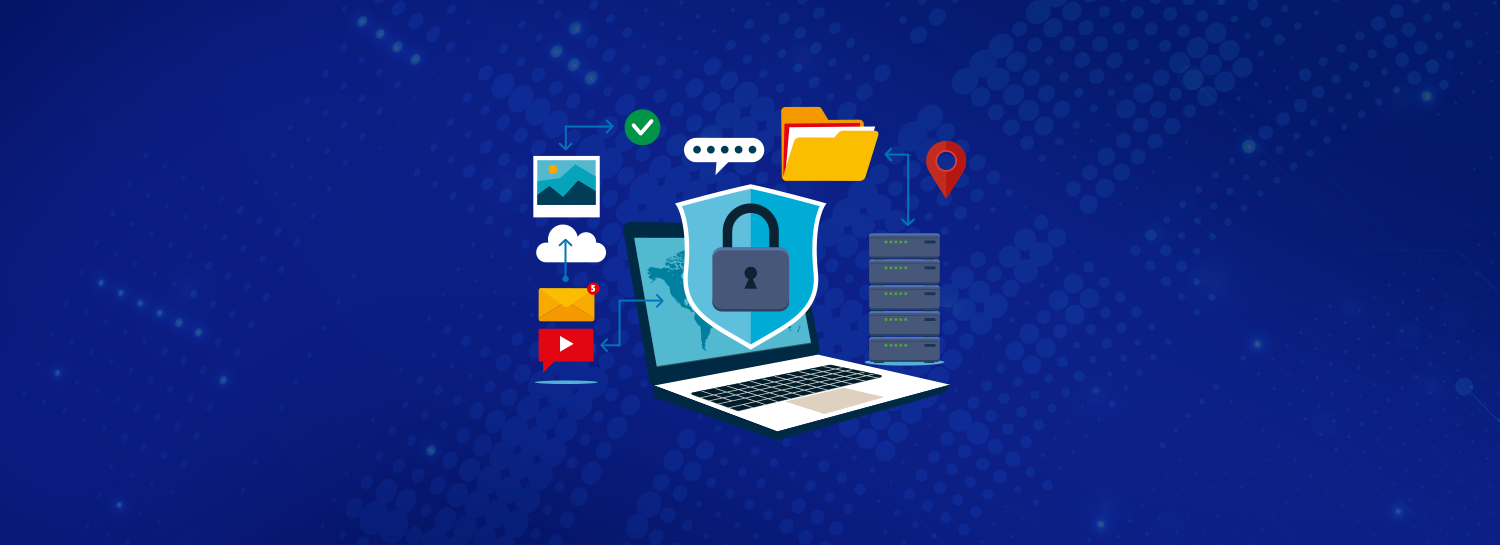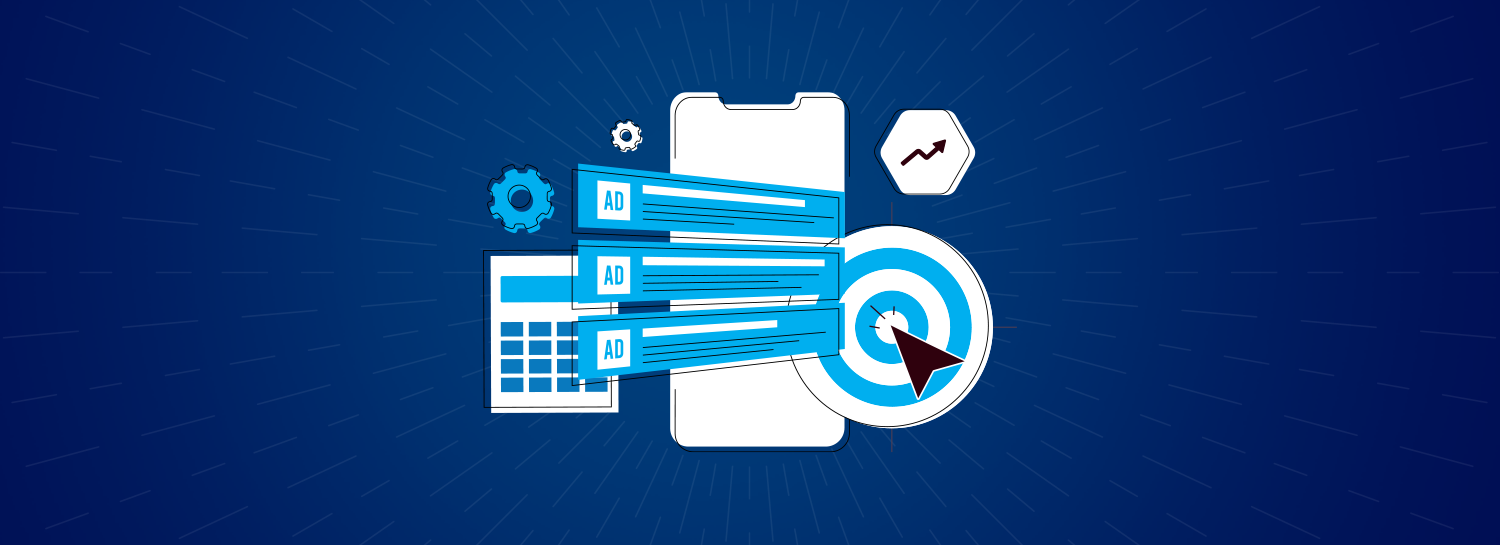Historically, digital-media platforms and content providers assumed that ad operations resources worked most smoothly when under a single roof, sitting within easy reach of their fellow traffickers and campaign managers. But a novel coronavirus upended that notion, and it’s worth exploring some of the lessons learned from it.
Lockdown orders meant all non-essential employees must work from home. The “non-essential” designation covered all information workers. If you could do your job using a computer, then there was no need to risk a commute and interacting with people outside of your pod.
Suddenly, ad ops teams were dispersed in homes across wide swaths of land. Complicating matters further, this fragmentation of the office coincided with a sustained spike in media traffic, as citizens all over the world checked news sources, blogs and social media continuously for updates on the pandemic. Some teams performed very well, while others faltered. Why? And what did we learn from the experience?
Lesson #1: With the right policies in place, distributed ad ops teams can excel
The pandemic taught the business community that proximity to co-workers isn’t as critical as we once assumed, as long as clear policies for engagement and processes to follow are put in place up. As a global outsourcing partner serving media teams all over the world, distributed Ad Ops is just par for the course.
To make it work, we created a comprehensive Standard Operating Procedures document for each client, which serves as the oil to keep all the cogs rolling in perfect order. Here are the key components that make it successful:
- How, when and why we communicate with each other and our clients throughout the campaign cycle. When the pandemic hit, we simply updated the “how” to accommodate new contact methods for clients as necessary. Other than that, it was business as usual.
- Which systems and tools to use. These procedures didn’t change much during the pandemic, so to a large degree, it wasn’t as if the pandemic even mattered (from a campaign lifecycle that is).
- Services we provide. This part of our document is highly customized to each client, and in some cases we needed to update it to accommodate clients who, suddenly working remotely, needed extra help from our teams. This wasn’t a problem for Paragon for a simple reason: Our teams look to the Standard Operating Procedures as a roadmap to follow 100% of the time. If you instill a habit of “working from the same page”, adapting to change isn’t really a challenge.
- Establish account priorities. Every client has priority accounts, and every account, regardless of size, has small, medium, large and extra large campaigns for them. We create a priority matrix so every Paragon team member knows our clients’ priorities. Of course, priorities can change during times of crisis – and 2020 was pretty much a sustained crisis! But if you create a system where everyone knows where to look for the most up-to-date list of priorities, it’s not that difficult for everyone to focus on the right campaigns.
- Detail escalation procedures. Some clients want to know about every nit that arises, while others just want to know about the big stuff. We layout all the escalation procedures ahead of time, so that no team member is left wondering: should we tell someone, and if so, who?
In normal times, our teams work together under one roof. When the pandemic hit, we also had work from home. We are able to deliver a seamless experience for our clients because we create a client-roadmap upfront, which means we really don’t need to sit side-by-side.
Lesson #2: Outsourcing streamlines ad ops
When the pandemic hit and schools closed down, millions of people, mostly women, left the workforce in order to manage their children’s education. Paragon’s campaign teams stepped in as required to help fill in the gaps for clients who suddenly found they had a reduced workforce.
It quickly became apparent to the media teams with whom we work that by leaving the detailed campaign tasks to us, they had the time to focus on the bigger issues facing them (and obviously there were quite a few).
This is one of the most important lessons the industry has learned: Know what you need to focus on, and hand the rest off to a qualified team.
Lesson #3: Accept that what’s normal is ever-changing
Yes, the pandemic forced us to adapt to a new work environment, but that’s not the biggest change on the horizon in our industry. Over the past year digital advertising has faced multiple disruptions, the emergence of digital TV as a major advertising channel, privacy regulations that require us to rethink the customer journey and advertising strategy, to name a few.
Adapting to change isn’t difficult if that behavior is part of your team’s muscle memory. Change is inevitable, and can sometimes feel rather random. Knowing how to adapt – which steps to follow, how to communicate it and where to look for that guidance – is a vital skill in an industry like ours.
Want to learn more about how we can transform your business? Get in Touch.










